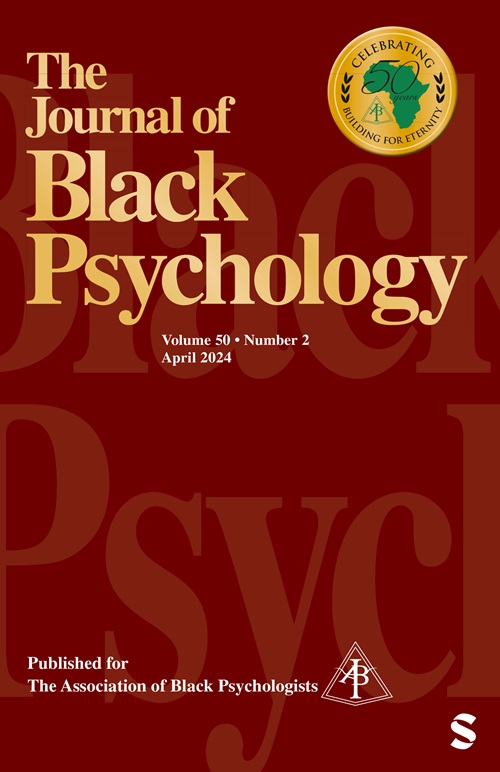在心理健康和美国黑人青少年研究中识别风险和保护因素:1990 至 2022 年
IF 2.2
3区 心理学
Q2 PSYCHOLOGY, MULTIDISCIPLINARY
引用次数: 0
摘要
本文献综述对 1990 年至 2022 年间发表的有关美国黑人青少年心理健康的研究进行了归纳,以确定突出的风险因素,并强调对其心理健康的关键保护因素。本综述以两个研究问题为指导:(1) 研究人员如何研究美国黑人青少年的心理健康;以及 (2) 有哪些风险因素和保护因素会导致美国黑人青少年的心理健康结果?在 30 多年的调查和 300 多篇发表的文章中,研究人员发现了几个对美国黑人青少年心理健康构成风险的突出因素,包括邻里条件、暴力暴露和受害、种族主义和种族歧视,以及最近的 COVID-19 大流行。不过,研究也阐明了保护或直接促进美国黑人青少年心理健康的因素,包括家庭、种族和民族社会化、种族和民族认同、校外活动、人际关系、应对、睡眠和社会认知。最后,作者提出了未来的研究方向和对实践的影响。本文章由计算机程序翻译,如有差异,请以英文原文为准。
Identifying Risk and Protective Factors in Research on Mental Health and Black American Adolescents: 1990 Through 2022
This literature review synthesizes research on Black American adolescents’ mental health published between 1990 and 2022 to identify prominent risk factors and highlight key protective factors for their mental health. Two research questions guided this review: (1) How did researchers examine mental health in Black American adolescents; and (2) What are the risk and protective factors that contribute to mental health outcomes among Black American adolescents? Across more than 30 years of investigation and over 300 published articles, researchers identified several prominent factors that pose risk to Black American adolescents’ mental health, including neighborhood conditions, violence exposure and victimization, racism and racial discrimination, and more recently, the COVID-19 pandemic. However, research also elucidated factors that protect or directly promote Black American adolescents’ mental health, including family, racial and ethnic socialization, racial and ethnic identity, out-of-school time activities, interpersonal relationships, coping, sleep, and social-cognition. The authors conclude with future directions for research and implications for practice.
求助全文
通过发布文献求助,成功后即可免费获取论文全文。
去求助
来源期刊

Journal of Black Psychology
PSYCHOLOGY, MULTIDISCIPLINARY-
CiteScore
8.00
自引率
5.80%
发文量
22
期刊介绍:
The Journal of Black Psychology publishes scholarly contributions within the field of psychology toward the understanding of the experience and behavior of Black populations. This includes reports of empirical research and discussions of the current literature and of original theoretical analyses of data from research studies or programs. Therefore, the Journal publishes work in any of the areas of cognition, personality, social behavior, physiological functioning, child development, education, and clinical application, in addition to empirical research and original theoretical formulations outside traditional boundaries, all integrated by a focus on the domain of Black populations and the objective of scholarly contributions.
 求助内容:
求助内容: 应助结果提醒方式:
应助结果提醒方式:


